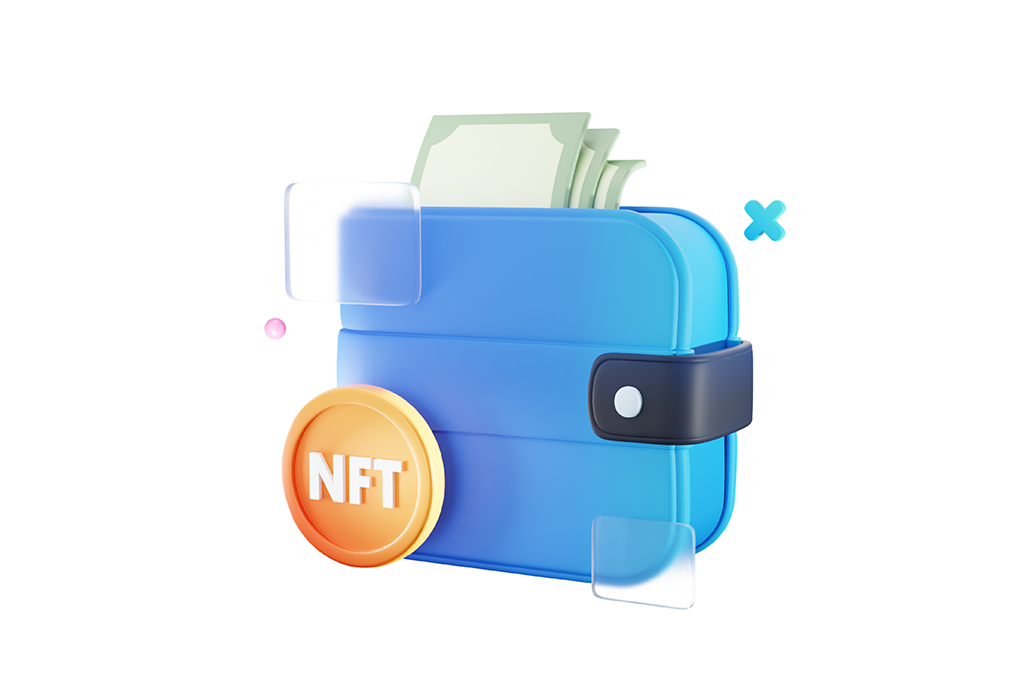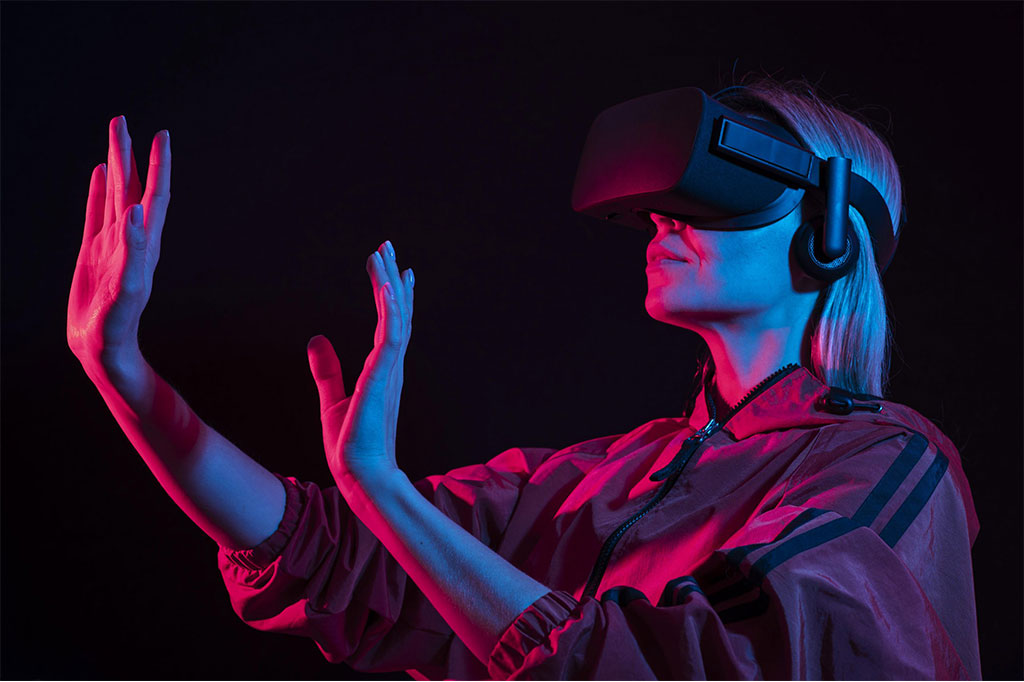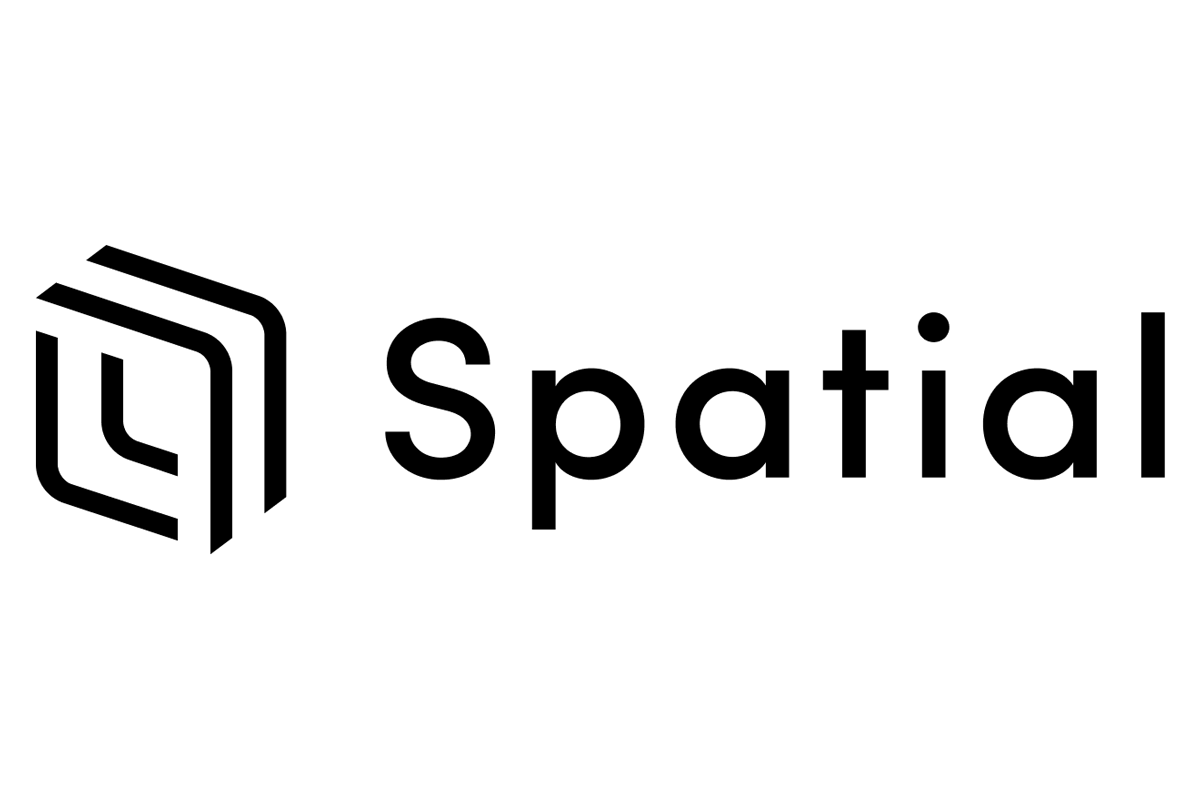
An NFT (Non-Fungible Token) is a type of digital asset that represents ownership or proof of authenticity of a unique item, like digital art, through blockchain technology. Unlike cryptocurrencies, which are interchangeable and have the same value, each NFT is unique and cannot be exchanged on a like-for-like basis with another NFT. An NFT Wallet, then, is a specific type of digital wallet designed to store and manage these Non-Fungible Tokens. It allows users to interact with their NFTs, providing a means to receive, store, and send these unique digital assets.
Spatial allows the integration of NFT wallets from MetaMask and Solana, enabling users to display their NFT collections within the platform. Users can add their MetaMask NFT Wallet to Spatial either by logging in with MetaMask or integrating it directly into their Spatial account. This integration allows users to transfer items from their MetaMask wallet to Spatial, especially useful for displaying NFTs in virtual gallery environments. However, it’s important to note that Spatial is not a marketplace for buying, trading, or selling NFTs, and does not support cold or hardware wallets like Ledger.
As for developing a store within Spatial, there are specific steps and limitations to consider. Spatial’s economy operates with a virtual currency called ‘Coins’, which can be used to purchase content from creators within their worlds. These items can range from fashion accessories for avatars to keys or tickets to special areas. Creators receive 70% of the coin value when someone buys directly in their experience, and these coins can be converted into real currency once certain conditions are met. To access redemption, creators must have a minimum of 18,000 Coins in their account, which must have been in the account for at least 45 days.
To sell items for Coins in Spatial, creators first need to have a space published through the Unity Creator Toolkit and items within that world. They can choose to price items in Spatial Coins or in a specific world currency created specifically for that world. However, an item can only be priced in one currency at a time. Selling an item for Coins requires approval from the Spatial team. Once approved, items can be selected in Spatial Studio, priced, and put up for sale. These items will appear in the Store panel in the spaces within the creator’s world if the ‘Show in Store’ setting is enabled.
At QualitApps, we are prepared to develop solutions in the metaverse using Spatial. We offer services to integrate NFT wallets and to create virtual stores on this platform. We work with the tools that Spatial provides, offering our clients new opportunities for interaction and commerce in the metaverse.





